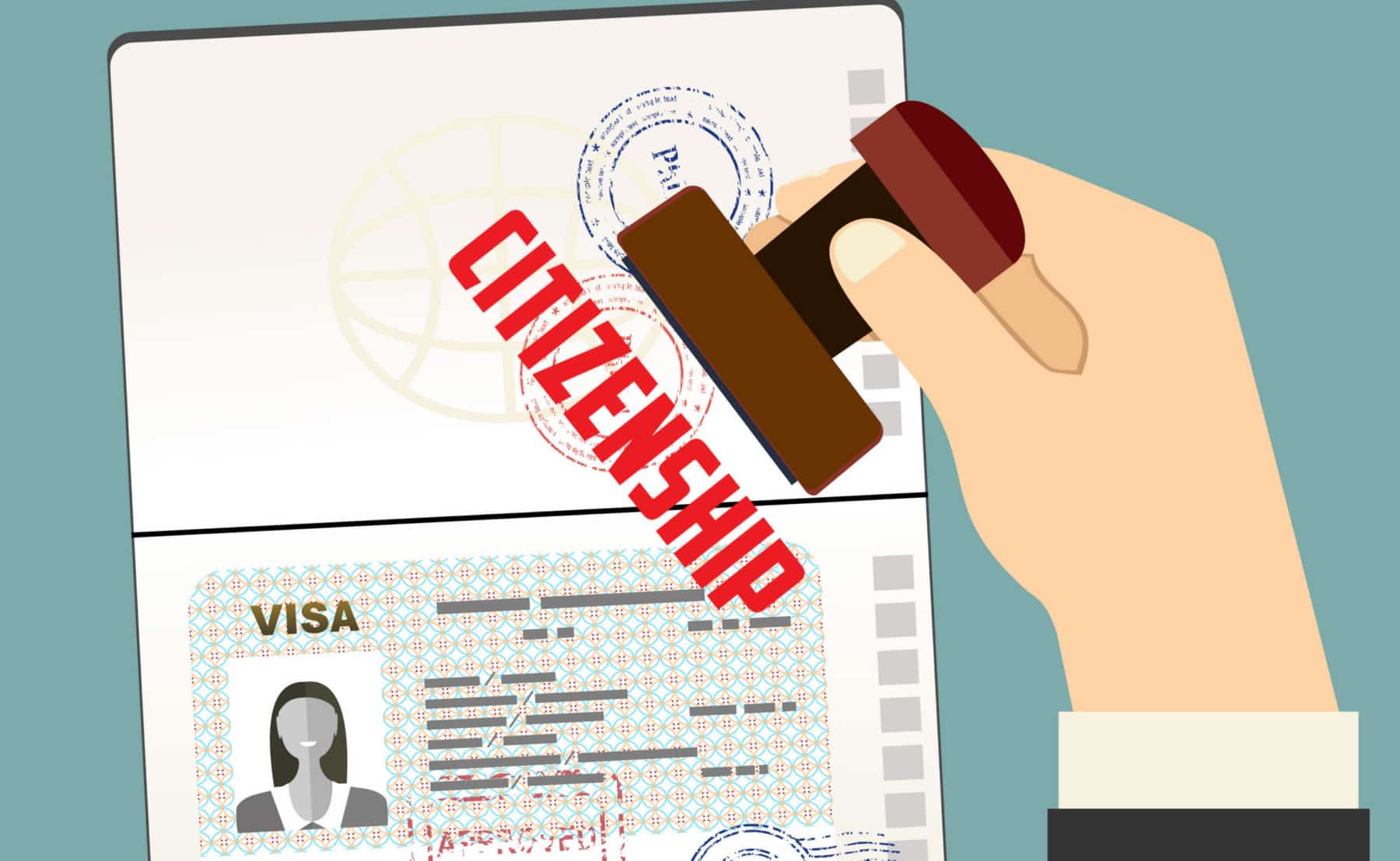Canadian nationality law is promulgated by the Citizenship Act (R.S.C., 1985, c. C-29) since 1977. The Act determines who is, or is eligible to be, a citizen of Canada. The Act replaced the previous Canadian Citizenship Act (S.C. 1946, c. 15; cited after 1970 as R.S.C. 1970, c. C-19) in 1977 and has gone through four significant amendments, in 2007, 2009, 2015 and 2017.
Canadian citizenship is typically obtained by birth in Canada on the principle of jus soli, or birth abroad when at least one parent is a Canadian citizen or by adoption by at least one Canadian citizen under the rules of jus sanguinis. It can also be granted to a permanent resident who has lived in Canada for a period of time through naturalization. Immigration, Refugees and Citizenship Canada (IRCC, formerly known as Citizenship and Immigration Canada, or CIC) is the department of the federal government responsible for citizenship-related matters, including confirmation, grant, renunciation and revocation of citizenship.

